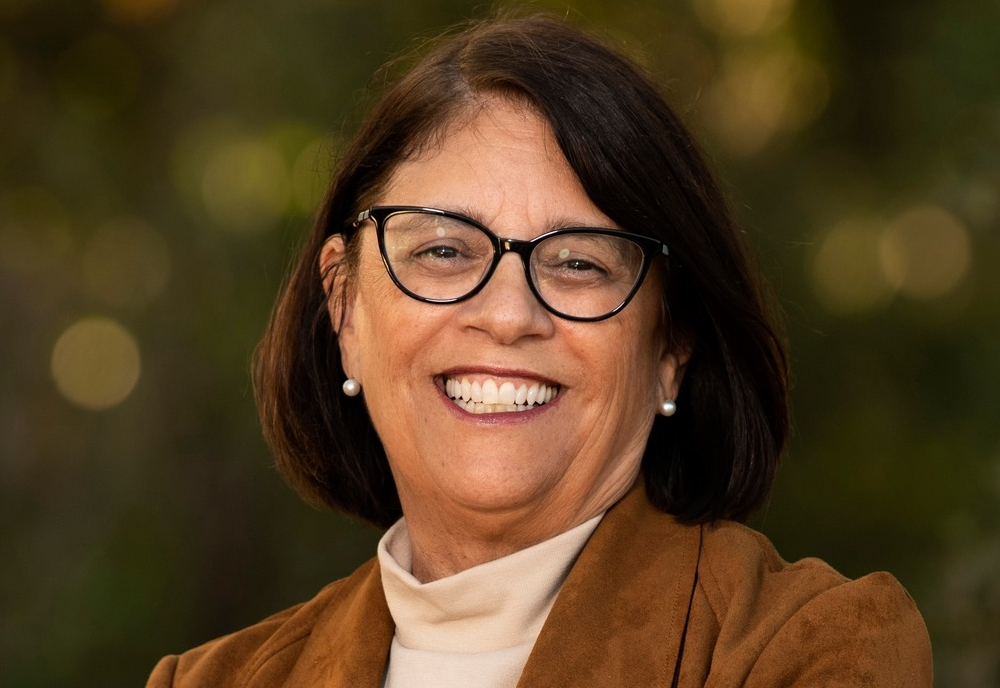Restrictions on per-serving THC limits in CBD products proposed in California could bring a setback for consumers who take high doses of over-the-counter CBD for medical conditions, some caretakers have warned.
In a bill mainly intended to crack down on unregulated delta-8 and other synthetic hemp-derived intoxicants, language in the measure could put CBD out of the reach of patients who have found the compound effective in the treatment of various forms of seizures.
Under the legislation, Assembly Bill 2223 (AB 2223), sales of CBD and other hemp-derived cannabinoids would be restricted to marijuana dispensaries, and could contain only 1 milligram of THC per serving. The bill, introduced by Democrat Assemblymember Cecilia Aguiar-Curry, passed the California State Assembly last month with bipartisan support. It now goes to the State Senate for further policy committee hearings.
Mitigating THC effects
With doctors treating patients with 200 or even 1,600 mg of CBD, at a CBD-to-THC ratio of about 20 to 1 or more, that would put typical servings well beyond the proposed limit.
Doctors opposed to the bill say they take the edge off any psychoactive effects of rising THC levels by increasing dosage gradually.
Bonni Goldstein, a Los Angeles pediatrician, recently told the Los Angeles Times of one patient who is on a 25-to-1 formulation, and takes 1,600 milligrams of CBD per day, with 64 milligrams of THC. “There is no impairment because it took months to work up to this dose,” Goldstein said.
Also, as doctors administer greater and greater amounts of CBD the chances of impairment are diminished because CBD is a natural antagonist against the effects of THC, according to Goldstein.
Self-inflicted
To a great extent, CBD makers themselves are at the root of the problem that could be facing patients in California and elsewhere. After over-the-counter CBD extract health aids boomed and then busted beginning in 2019, companies left holding backlog CBD stocks started selling them to the dodgy producers of delta-8 and other psychoactive compounds – most of which are made by putting CBD through a chemical process in the lab.
States throughout the U.S. are grappling with the hemp intoxicants, with some outlawing the substances altogether and others putting them under rules for their state-legal marijuana programs. In some cases, as in California, the efforts to control the products have drawn greater restrictions on over-the-counter CBD health aids, which at any rate remain unregulated by the U.S. Food & Drug Administration (FDA) and therefore of questionable quality and safety.
FDA has approved one medical-grade CBD product, Epidiolex, a THC-free high-concentration formula that has been found effective in the treatment of rare forms of epilepsy. Available only by prescription, Epidiolex can cost patients as much as $32,000 per year. The producer of Epidiolex, GW Pharmaceuticals, also produces Sativex, a mouth spray based on a 1:1 THC to CBD ratio, which is used to treat Multiple Sclerosis and other spastic conditions. The product is approved for sale in 28 countries but has not been approved by the FDA for the U.S.

